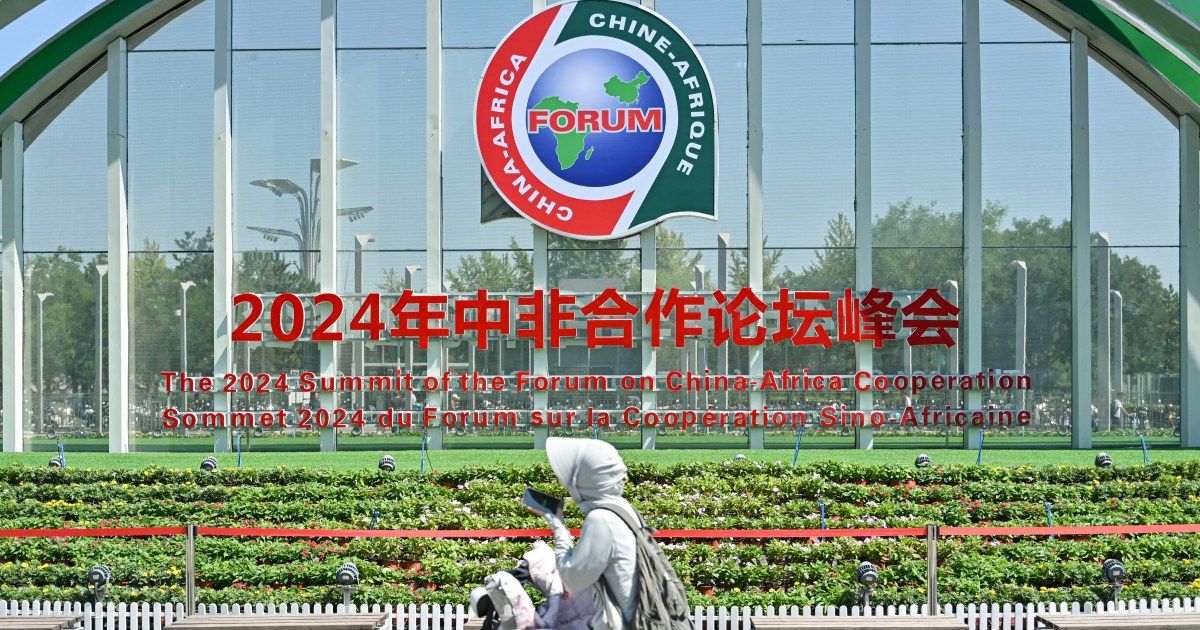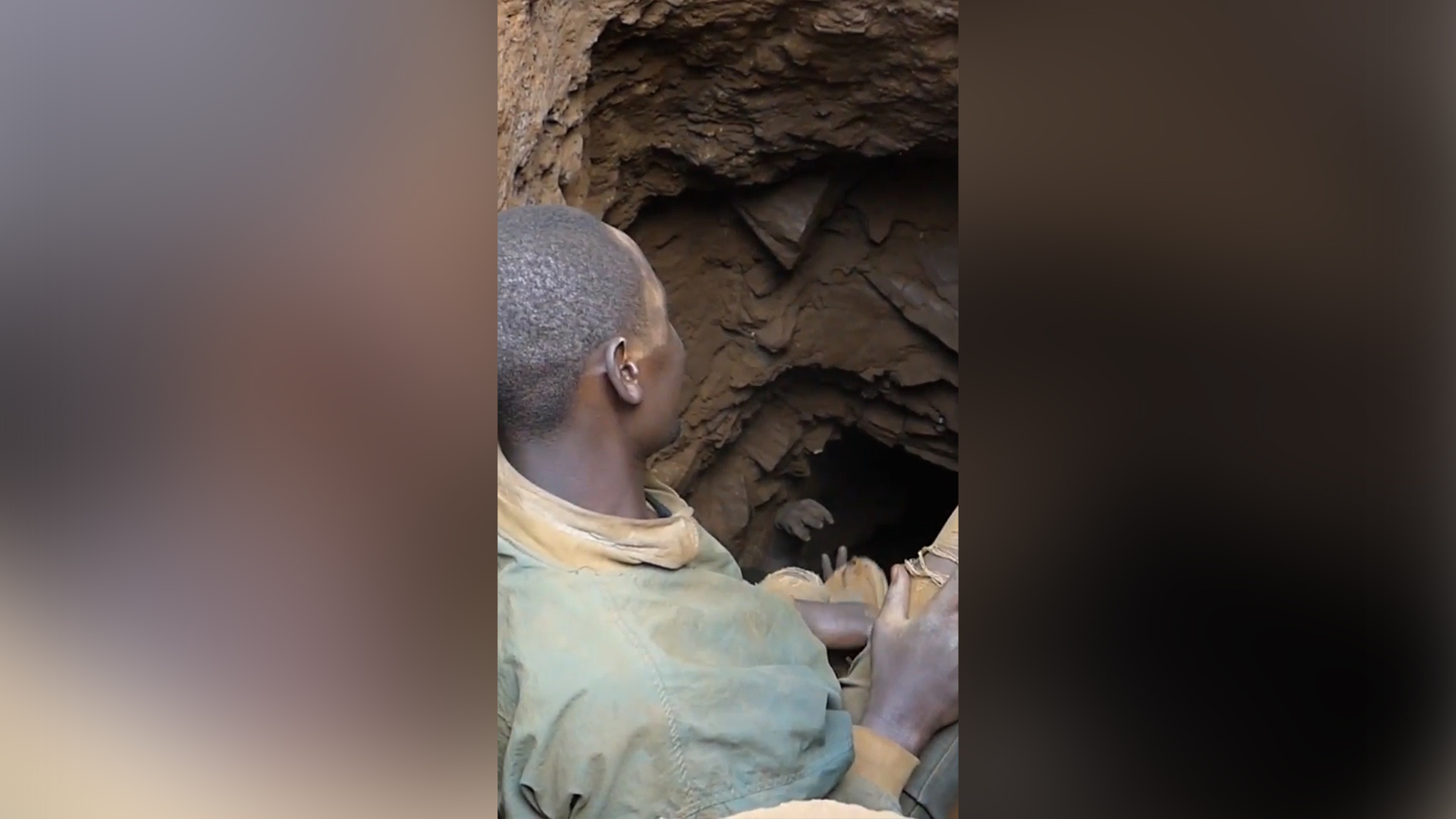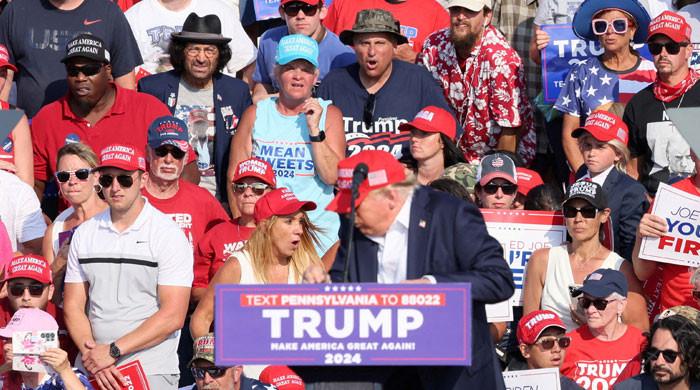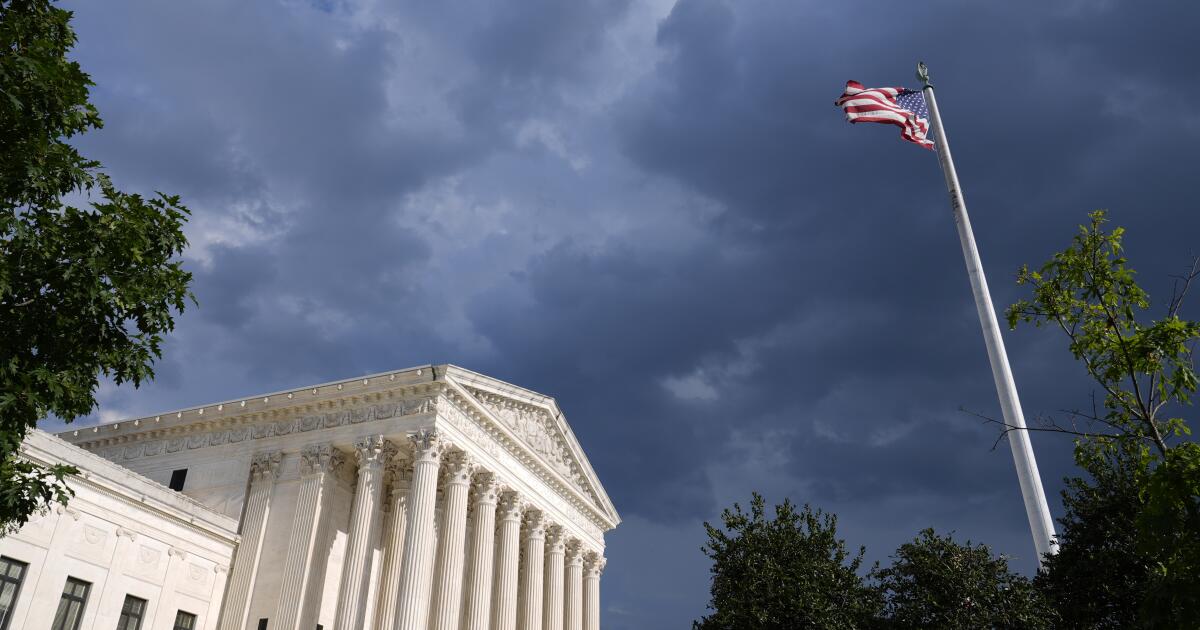African leaders will gather in China this week for a long-awaited high-level meeting with President Xi Jinping, as Beijing continues to befriend and expand its influence on the continent amid a quiet standoff with Western countries.
At the China-Africa summit, to be held from September 4 to 6, leaders of African countries will meet to discuss policies and cooperation agreements with officials from the continent's largest lender and investor. These agreements will set the tone for the burgeoning relations between the two sides in the coming years.
In a statement, China’s Foreign Ministry said the conference was the “largest diplomatic event” the country had hosted in recent years with the largest attendance of foreign leaders, adding that it was a “grand gathering of the great China-Africa family.”
Agreements reached at previous summits have allowed Beijing to gain unrivalled access to Africa's raw material markets, as well as generating dollar-denominated investments for African countries.
“China will never waver in its determination to seek greater solidarity and cooperation with Africa,” the statement added.
Here's everything you need to know about what's planned for the 2024 summit, who will be there, and where China is already investing in Africa:
What is the summit about?
The China-Africa summit, officially called the Forum on China-Africa Cooperation (FOCAC), has been held every three years since 2000. The latest conference will be the ninth of its kind.
The meetings and potential agreements will revolve around the issues of industrialization, agricultural advancement, security and cooperation regarding China's Belt and Road Initiative, a massive project that aims to connect several continents to China through physical infrastructure.
According to China’s Foreign Ministry, the official theme of the summit is “Joining hands to advance modernization and build a high-level China-Africa community with a shared future.”
Beijing is expected to host its high-level guests at a welcome banquet, a separate opening ceremony, four general summits and several bilateral meetings with China's Xi and different African leaders.
The summit comes at a time when China is increasingly countering U.S. and European influence in Africa and other developing regions in its rise to global superpower status. While the U.S., Japan, India and Russia also hold regular summits to court the continent's leaders, China is unrivaled as the continent's economic partner.
For Beijing, the summit represents a huge diplomatic opportunity to flaunt its prominence on the world stage, said Jana de Kluiver, a researcher at the South Africa-based Institute for Security Studies. Having African leaders as allies means Beijing can exert diplomatic influence at the United Nations.
“Africa is important to China because of the strength of its votes in the United Nations General Assembly. Those photos with African leaders, those big headlines in the newspapers, will be very important for President Xi,” said de Kluiver.
On the trade front, China is also expected to court African leaders with more investment dollars and push for improved access to important minerals such as lithium, copper and cobalt, which it currently mines in the Democratic Republic of Congo (DRC), Zimbabwe, Botswana and elsewhere.
Beijing is also likely to push for more exports of its Chinese-made products, particularly renewable energy products and technologies in which it has invested heavily recently.
Meanwhile, African countries, which often make bilateral deals, will seek to clarify plans on some unfulfilled promises from previous summits.
Some countries, such as the Democratic Republic of Congo, will also seek greater cooperation that ensures Chinese companies refine the raw materials they extract in the country. Such an approach will generate more revenue for those countries while also providing more employment opportunities for young workers in Africa.
Who will attend?
At least 53 African heads of state or their representatives, as well as ministerial delegates, are expected to attend the summit.
Eswatini, Africa's 54th nation, has no ties with China and is likely the only country absent. It is the only African country to have diplomatic ties with Taiwan, which China claims as part of its territory.
President Xi met this week with the President of the Democratic Republic of Congo, Félix Tshisekedi. Xi also met with the leaders of Togo, Mali, Comoros and Djibouti, according to local media reports. On Tuesday, Xi also met with President Bola Tinubu of Nigeria, Africa's largest economy.
UN Secretary-General Antonio Guterres will be the special guest of the summit. Several international and regional organizations will also attend the meeting as observers.
Where has China invested in Africa?
China is Africa's largest trading partner. About a quarter of the continent's exports (mostly minerals, fuels and metals) go to China, and about 16 percent of imports come from that country. China says annual trade volume could reach $300 billion by 2035.
Beijing is also the continent's largest creditor: between 2006 and 2021, it has pledged to invest $191 billion in African countries.
In many cases, these investments take the form of grants, credits and loans to finance large infrastructure projects.
According to a study by Kluiver, $155 billion worth of loans promised through 2021 appear to have been executed. However, the researcher added that it is difficult to paint a complete picture due to the “lack of transparency” when it comes to Chinese financing.
In 2021, during the last summit in Senegal, China again pledged to collectively invest $40 billion in African countries.
Chinese foreign direct investment in Africa has outpaced that of the United States for more than a decade, according to analysts at the China-Africa Research Initiative at Johns Hopkins University.

Are China-Africa relations controversial?
Chinese investments have met with local resistance in many countries, especially regarding environmental issues.
Last week, for example, activists in Uganda protested and marched to the Chinese embassy in Kampala over a proposed oil pipeline that will transport crude oil from the country to neighboring Tanzania. The pipeline will be operated by a Chinese state-owned company in collaboration with the French oil and energy company Total, as well as the governments of Tanzania and Uganda. It is expected to be the longest heated oil pipeline in the world. However, communities say it will displace thousands of people and destroy the environment.
China has been criticized for failing to stop unsustainable practices such as illegal logging in several African countries that contribute to the Chinese market. The U.S.-based Environmental Investigation Agency in a May 2024 report found that illegal timber shipments from Mozambique to China have increased since 2017. The funds were going to armed groups, contributing to the insurgency in the country, the study said.
China’s critics also accuse Beijing of luring African countries into large loan deals that they find difficult to repay, allowing it to then seize lucrative assets — a practice some call “debt diplomacy.”
Some countries, such as Zambia, have defaulted on their loans. By the end of 2022, Zambia had accumulated an external debt of more than $18 billion, of which at least 12% was owed to China, the country's largest bilateral creditor. In March, Lusaka reached a restructuring agreement with China and other creditors that allowed the cancellation of some $840 million of the debts.
China has repeatedly rejected the idea that it is trying to trap nations – in Africa and elsewhere – using debt. The “debt trap” theory has also been questioned by some experts who say Chinese investments are too plentiful and fragmented for the country to have a deliberate “debt strategy.”












